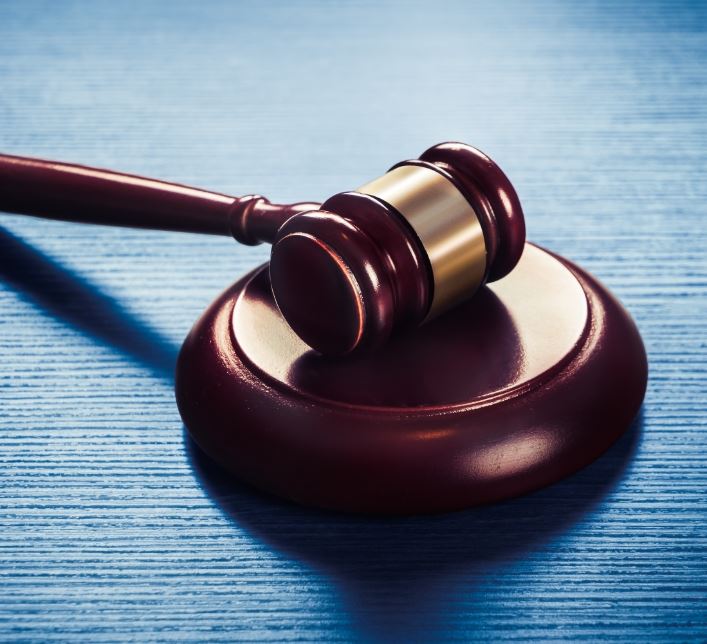
When our Tampa criminal defense attorneys take on a case, we do everything we can to obtain exceptional results for our client. That’s because, at Thomas & Paulk, every client is considered a top priority.
Criminal Defense Lawyers in Tampa
Protect Your Rights with Experienced Criminal Defense Attorneys
When facing criminal charges, it is crucial to have skilled and knowledgeable attorneys by your side to protect your rights and fight for your freedom. At Thomas & Paulk, P.A., our team of dedicated criminal defense lawyers in Tampa, FL has extensive experience in handling a wide range of criminal cases.
With our in-depth understanding of Florida criminal laws and court procedures, we will develop a strategic defense tailored to your unique situation. We will thoroughly investigate your case, gather evidence, and aggressively advocate for your rights.
Our Areas of Practice
Our Tampa defense attorneys can help with a wide variety of criminal charges, including:
Trust Our Experienced Attorneys
If you have been arrested or are currently the subject of an investigation by law enforcement in the Tampa area, your future and freedom may be on the line. What you do now will most likely have a significant impact on the outcome of your case — and your future.
Personalized Defense Strategies Tailored to You
Our team of experience criminal defense attorneys understands that every case is unique. We believe it providing personalized defense strategies that are tailored to the specific circumstances of your case.
When you choose us for your criminal defense, you can expect:
- Individual attention and guidance throughout the legal process
- Strategic defense planning based on our in-depth knowledge of criminal law
- Strong advocacy and representation in and out of the courtroom
- Clear and open communication to keep you informed and involved
- Proven track record of successful outcomes in a variety of criminal cases
Call for a Free Consultation
As former prosecutors with decades of criminal defense experience, we know how to protect your interests and freedom. We welcome you to take advantage of our online case evaluation or call our offices at your earliest convenience. Either way, you will be able to talk to a professional about your unique concerns or schedule an in-person consultation for free!
We are here to help. Contact us at (813) 221-4200.
Call (813) 221-4200 today for your free, confidential consultation.
Trusted Defense Counsel
There is no substitute for experience when it comes to your criminal defense representation. Fortunately, our attorneys understand both sides of criminal proceedings in Florida: as prosecutors and defense attorneys. We're ready to put our experience to work for you.
-
We personally handle your defense strategy.
Our lawyers have been helping people just like you defend their future for decades.
View Results -
We always put our clients' cases and needs first.
Read our reviews to see what it is like working with our Tampa criminal defense law firm.
See Success Stories -
We're ready to hear your side of the story.
Tell us what happened to you during a completely free and confidential consultation.
Contact Us





